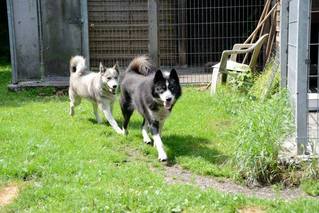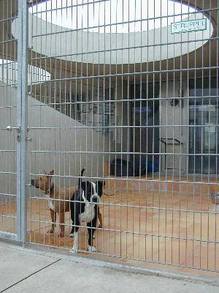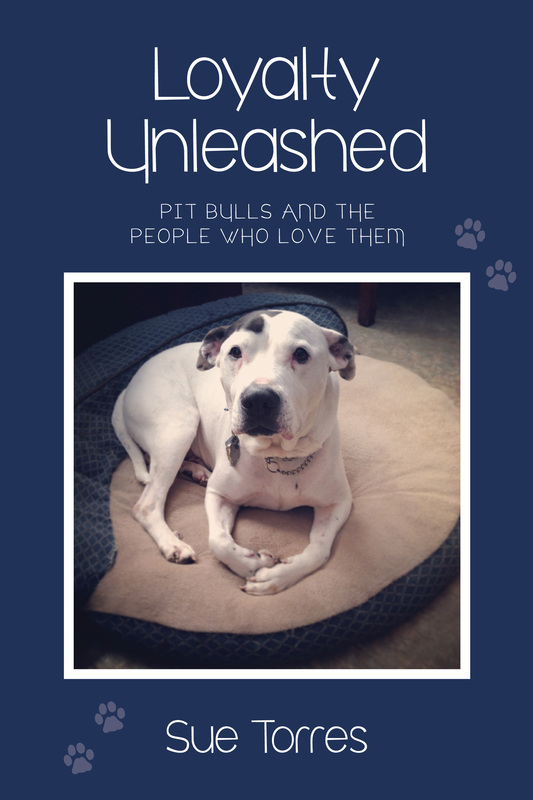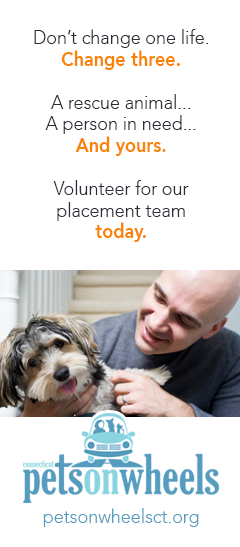Today, we will travel across the ocean and see how things are done in Germany, an entire nation that is no-kill. Thank you to Jo, one of my readers who was kind enough to provide an inside look at the shelter system in Germany including the pictures you see here.
One of the problems facing our major cities here in the United States, is funding. So the problem becomes, how do we fund changes without it being an additional tax burden on residents?
Germany has a solution to the tax issue. The solution is fairly simple. The tax burden is placed on the dog owners. Owners pay a separate tax on each dog they own. Taxes are calculated on a sliding scale according to breed. While this may limit a portion of the population from owning pets, it does reduce the preponderance of pets being surrendered to shelters due to cost and the likelihood that pets will be neglected or abused. There are stringent licensing and spay/neuter laws, as well as restrictions on breeding that are strictly enforced. Consequently, Germany does not have the stray problem that we have here.
This got me to thinking that perhaps we should be delegating more of our resources toward the enforcement of existing laws. Currently, while there are licensing requirements in most places as well as incentives to spay or neuter our pets, there is not the personnel to ensure that owners are doing their due diligence. I don’t know what it might cost and how it would be done, but perhaps we are being short-sighted by not exploring this option. It seems it is being done in Germany, then why not here?
There is a little bit of a catch to all of this, though. It should be noted that many German states do have more stringent rules with regard to certain breeds, including pit bulls and Rottweilers, a practice we do not endorse. However, if the ultimate goal is to reduce the number of animals that are euthanized in shelters, then perhaps there are some positive features that we could be looking at.

Berlin, Germany is a city of over 3.5 million people, comparable to many large American cities. The Berlin shelter is the largest in Europe with grounds the size of 22 football fields. Animals are often cared for in the homes of the shelter volunteers, similar to American rescues. Shelters in the smaller towns, such as the one where Jo lives (Schwarzenberg/Saxony) and nearby Stollberg/Saxony operate in the same manner.


Another difference is that if dogs get along, they are placed with other dogs so they are not alone. This would certainly alleviate loneliness and the depression associated with being isolated for long periods of time. Disabled animals that do not get adopted are kept comfortable for the remainder of their lives







 RSS Feed
RSS Feed